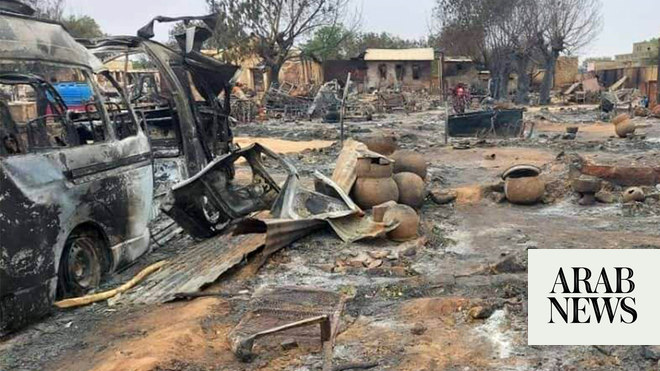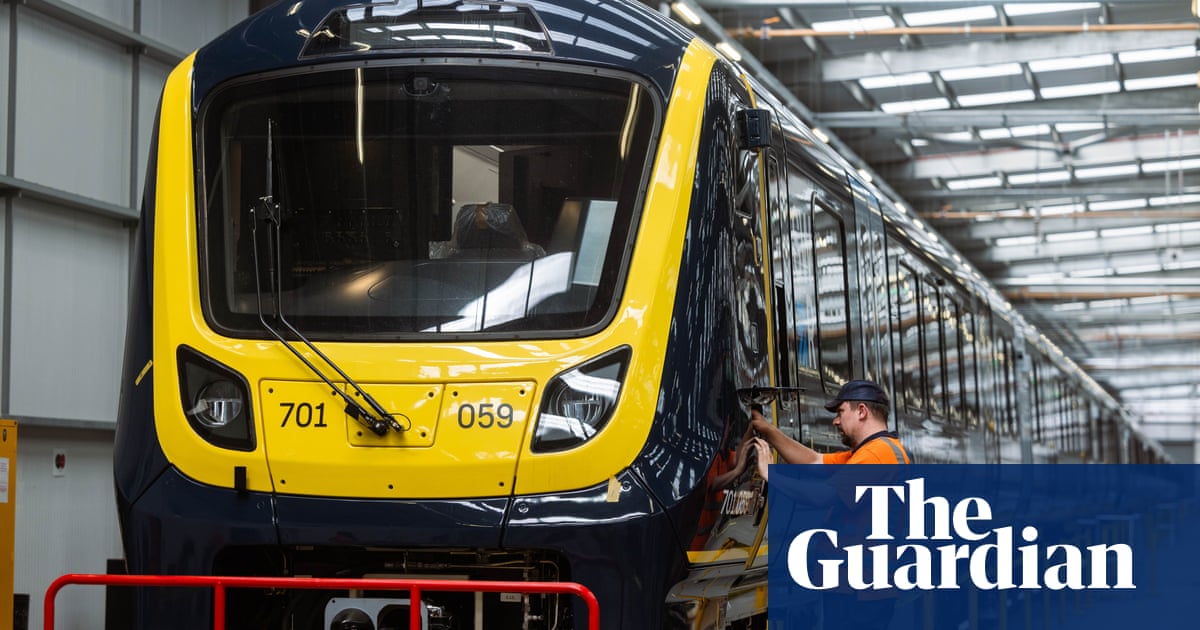
At the peak of the protests that eventually toppled Omar Bashir, Sudan was an unlikely beacon of hope in a region littered with the festering democratization failures of the 2011 Arab uprisings. Stalled political processes, civil war, and counter-revolutionary movements had stifled hopes of Arabs finally unshackling themselves from decades of authoritarian rule.
Sudan dared to be different.
The protest movement had to do the impossible, capitalizing on the momentum of initial successes to avoid a familiar reoccurrence. A putschist military council sought to dominate a two-year transition period after Bashir’s removal. However, any chance at democratizing the country would have faltered if the protest movement retired.
On the other hand, unchecked military rule was only going to nurture yet another Bashir, while outlawing the junta’s participation was guaranteed to unfurl violent crackdowns and put the entire movement in jeopardy. The only way to realize Sudan’s complete democratization, and in the process settle longstanding ills detrimental to a future stable nation state, this hard-won transition period was going to need maximum civilian participation.
Next month, Sudan will mark the second anniversary of Bashir’s removal. In those two years, the civilian-military transitional government has remained intact, save for a few close calls when civilian leaders threatened a resumption of protests to counter the military’s intransigence. Transitional authorities, led by Prime Minister Abdalla Hamdok, have managed to navigate murky political waters to accelerate economic reforms, push for peace and set Sudan firmly on the path to democracy. These efforts were repaid by an international community working in lockstep with the Hamdok government.
The US removed Sudan from the list of states sponsoring terrorism, enabling the World Bank to organize a trust fund to funnel international aid alongside the International Monetary Fund’s structured advisory program for subsidy reform. Without serious external funding, extreme indebtedness was likely to sink the fledgling post-Bashir Sudan, where the economy was already in a tailspin due to COVID-19. Additionally, Sudan was yet to recover after South Sudan"s independence put most of what used to be the country’s largest oil fields in a foreign country.
Combined with the high debt levels accrued during the Bashir era, a dilapidated economy would have undermined any political gains from settling Sudan’s numerous local conflicts. It would also havejeopardized democratization in a state that still bears the scars from cycles of revolutions, military coups, and smatterings of democratic rule since its independence 65 years ago.
However, and as always, the burden of these economic reforms falls on an increasingly exasperated Sudanese people whose aspirations for civilian rule appear subordinated to political squabbles among the new elites. So far, subsidy cuts, and a currency devaluation, pushed inflation over 340 percent for essential commodities.
Next month, Sudan will mark the second anniversary of Bashir’s removal. In those two years, the civilian-military transitional government has remained intact, save for a few close calls when civilian leaders threatened a resumption of protests to counter the military’s intransigence.
Hafed Al-Ghwell
The usual politics of economic reform also presented its toughest critics, Sudan’s civil society organizations, with a difficult choice. If they refused to participate, the Sudanese people would lack a voice in critical economic policy deliberation. However, continuing their participation in the economic reform process meant there was no other choice but to consent to a reform program endorsed by the IMF. Now Sudan faces an economic recession due to a currency collapse, loss of purchasing power, and declining productivity worsened by COVID-19.
It is these same troubles that derailed similar pro-democracy movements in its northern neighbors that are now threatening an aspirational model partnership between civilians and the military. Sudan’s own fairly recent history has already foretold the likelihood of democratization receding. A civilian government in the late 1980s inherited an impossible economic crisis that resulted in shortages, productivity losses, import difficulties, and rampant protests. The ensuing instability and persistent violent localized conflicts became a pretext for Bashir to launch a military coup.
Worryingly, Gen. Abdel Fattah Abdelrahman Al-Burhan, an army general and current chairman of the sovereignty council, threatened a military takeover last year, pointing at economic paralysis and persistent protests as evidence of the Hamdok civilian government’s ineffectiveness. The only thing preventing such an outcome is that the military would still need debt relief and access to international finances, which is only possible if the transition period remains under civilian control.
However, it is not just a military takeover that threatens to sink Sudan’s dreams of a stable, civilian-led democracy. To settle longstanding disputes and disarm or integrate numerous armed non-state actors into a formal military/security infrastructure, several rebel groups signed on to the Juba Peace Agreement last October. While it has reduced the likelihood of a return to violence in parts of Sudan in the short term, it has also added an extra dynamic to the transition process. Representatives of rebel groups are now part of the interim government, thereby diluting civilian influence and raising the risk of a fallout between former belligerents — the military and the rebels. Additionally, the Juba peace deal has reset the clock for what was supposed to be a 39-month transition, further delaying the election of Sudan’s first fully democratic government.
In return, a warlord, an economist, and a Bashir regime stalwart are now headlining figures, jostling for power and influence ahead of elections now expected in early 2024. Meanwhile, the once celebrated coalition of civilian leaders is now crippled by withdrawals of some of its members, objecting to the latest developments in Sudan’s political process. Those who have remained are occupied with squabbles over government appointments and ministerial portfolios.
So far, a superficial harmony is preventing an outbreak of hostilities between the Rapid Support Force and the army, with the former resisting attempts at integrating with the latter. Rebel groups have also resumed recruiting fighters, even in camps for internally displaced persons, violating the terms of the peace deal signed last year. Key groups still involved in hostilities in the Darfur region are yet to sign on to the Juba deal, which the government estimates will cost $7.5 billion over 10 years.
External observers, the international community, and optimistic local actors believe economic reform progress and the peace deal’s short-term benefits could transform Sudan into a politically stable developmental state with a growing economy. Prime Minister Hamdok is already familiar with this Ethiopian model, given his stint at the UN in Addis Ababa, and his priorities show that he is laying the foundations for it.
However, it will succeed only with the international community’s cooperation, a successful economic turnaround, and political stability from an inclusive process that promotes political organization, dialogue, and participation. Given recent developments, this will be an impossible balancing act and without urgent interventions or renewed commitments by stakeholders to Sudan’s peaceful transition, civil war may well return to Sudan long before the elections in 2024.
Hafed Al-Ghwell is a senior fellow with the Foreign Policy Institute at the John Hopkins University School of Advanced International Studies. Twitter: @HafedAlGhwell
Disclaimer: Views expressed by writers in this section are their own and do not necessarily reflect Arab News" point-of-view












